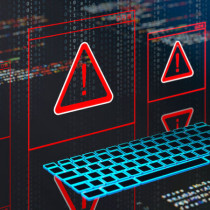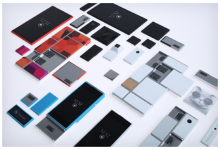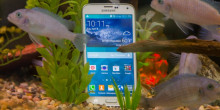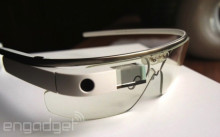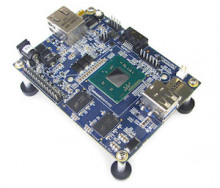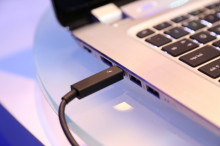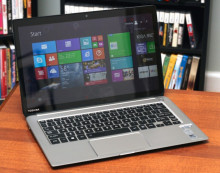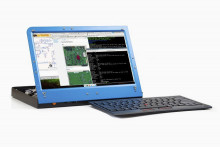Here are some of the crazy phones you can build with Google's Project Ara
Google is starting to show developers what they need to do to create swappable parts for its upcoming modular smartphones, currently called Project Ara. On Ara's website, it's just posted the Module Developers Kit, which contains the information that manufacturers need to get started creating modular parts. "Ara’s success is predicated on a rich, vibrant, and diverse ecosystem of modules from a myriad of developers," one document in the kit reads.





